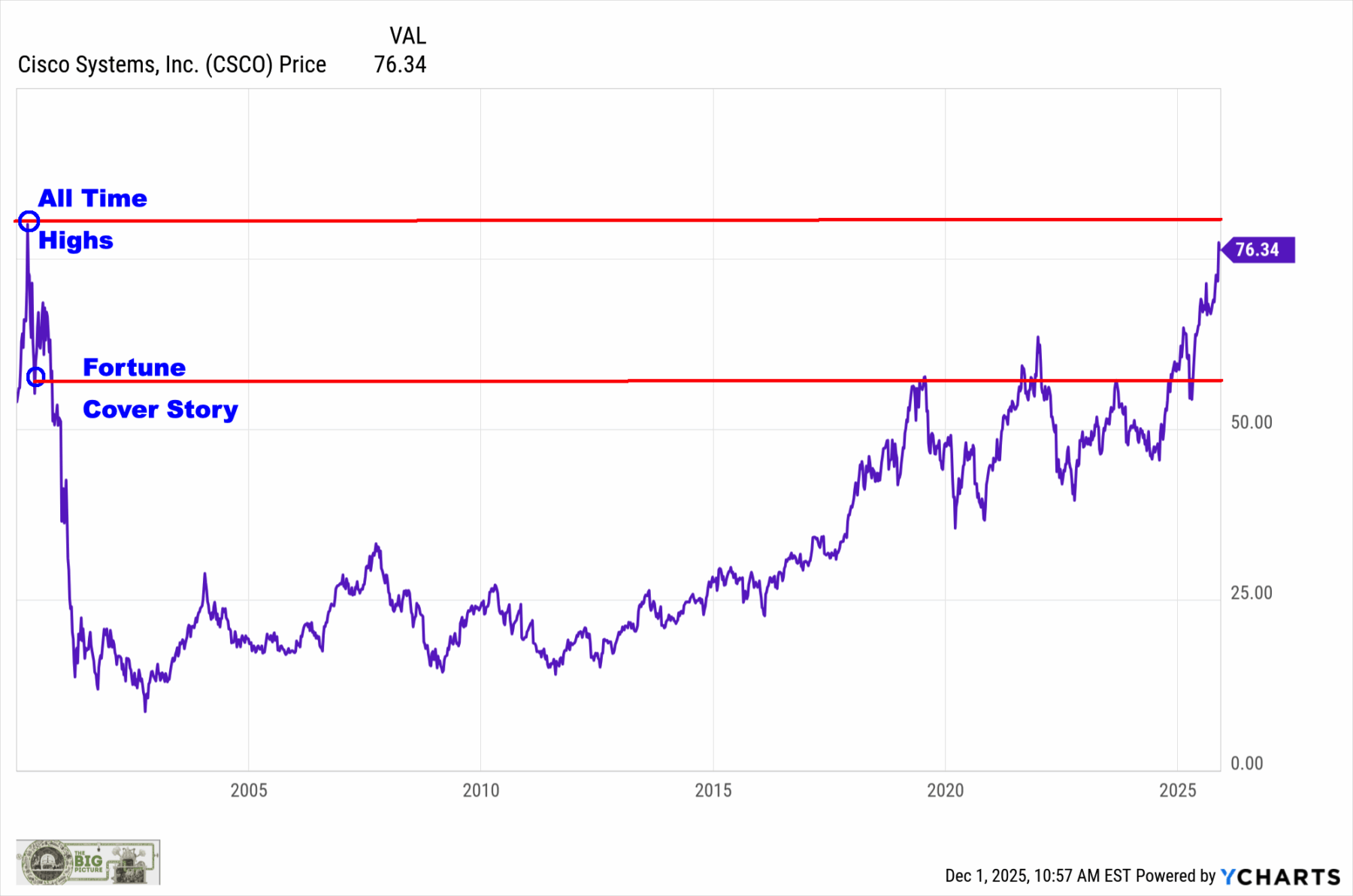Our sister website Law & Liberty published an article by Oren Cass, a defender of protectionism (“Free Trade’s Original Myth,” January 3). It is an interesting piece although, I suggest, more from a rhetorical than a social-scientific or even simply logical viewpoint. Let me just discuss one irredeemable flaw.
Social anthropomorphism is a first symptom. Writing about the goods and services exchanged in international trade, Mr. Cass writes:
Once the products at issue are of different strategic value, any nation might rationally place its finger on the scale to gain comparative advantage in that which it prefers to produce.
How can a nation put its finger on anything? Who is the nation’s finger? Émile Faguet, the great classical-liberal essayist and French academician, mocked this sort of “zoological politics”: “You think you are a man,” he wrote; “in fact, you are a foot”—“Vous vous croyez un homme; vous êtes un pied” (Le Libéralisme, Paris, 1902/1903). Or perhaps by “nation,” Mr. Cass just means the government—politicians and bureaucrats.
Perhaps it is just a way of speaking. But what does the talk actually mean? General Motors and its owners prefer to produce cars while Microsoft and its owners prefer to produce software and cloud services. Mr. Cass prefers to produce articles and PR. So what does the social organism prefer to produce?
Ways of speaking often express or lead to ways of thinking. The anthropomorphic or organic conception of society has nearly always been associated with authoritarian politics. (I give examples in my article “The Impossibility of Populism,” The Independent Review, Summer 2021.)
But perhaps what Mr. Cass and protectionists are defending is not literally social anthropomorphism but simply collectivism, the bundles (or should I say the “fasces”?) of doctrines claiming that the collective is superior to the individual and that collective choices should take precedence over individual choices. Mr. Cass writes:
Dig to the bottom of the post-war case for free trade, and one finds not a closely reasoned and unassailable doctrine, but rather a condescending lecture about preferring the global to the national interest. Who was the “we” that had “agreed” to this?
Condescending? Since, for Mr. Cass, individuals are not practically or morally competent to make their own decisions (like, say, buying dolls from Chinese sellers), since individual liberty does not create an auto-regulated order, they need collective discipline and our author knows which collective, which “we,” they should be submitted to: not the world collective but the United States collective. One collective must rule and the “national interest” is the best collective interest. By the way, how does one calculate the collective interest in a numerous society of different individuals with different preferences and in different circumstances? At any rate, once some majority determines the goals, all individuals will have to obey, or else. Economists, we are told, “have a vital role to play in analyzing how best to accomplish the nation’s goals.”
Fortunately and quite coherently, a large number of economists have tended to stand more on the individual’s side. In the (classical) liberal and individualist perspective, individuals live in different, often overlapping, societies—the world, their countries, their villages, their online communities, their professions, etc.—because each thinks it is in his interest to do so. In a free society, characterized by individual liberty, each one pursues his own goals (his “ends” in the terms of Friedrich Hayek). Each one is free to pursue his own happiness.
That the collectivist ideology espoused by protectionists would lead to logical contradictions is not surprising. In defending the “national interest,” protectionists are strangely incoherent, as 19th-century economist James Mill and his more famous son John Stuart already pointed out. The protectionists want their country’s resources (“our national resources”) to produce goods for the consumption of foreigners, which is what exportation is; and they hate to see the resources of foreigners used to produce goods for their fellow citizens, the importing country’s residents, which is what importation means. To be coherent with their own collectivist logic, they should instead favor imports and fight exports.
In short, an essential element is missing from Mr. Cass’s arguments: the individual; protectionists only know collectives. The individual is missing both in a methodological sense and in a substantive moral and philosophical sense. Economists virtually always adhere to methodological individualism, the theory that one needs to start from the individuals to understand social groups, not the other way around. (One exception is Karl Marx, which explains why he did not use standard tools of economic analysis and why indeed his economic credentials are doubtful.) Consequently and naturally (although it is not logically necessary), most economists tend to espouse, or have tended to espouse, an individualist political philosophy, sympathetic to individual sovereignty. Like socialists (at least those in the Marxist tradition) and the old European right, Mr. Cass rejects individualism in both its meanings—methodological and ethical. This illuminates a phenomenon otherwise mysterious: the convergence between the anti-individualist right and the anti-individualist left.
















